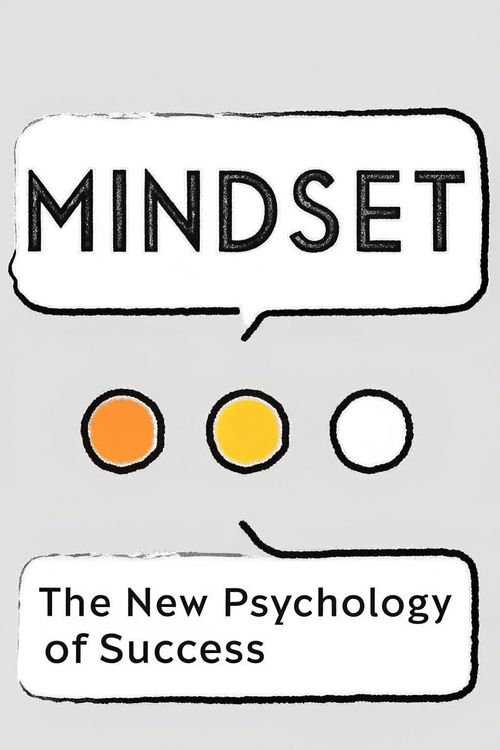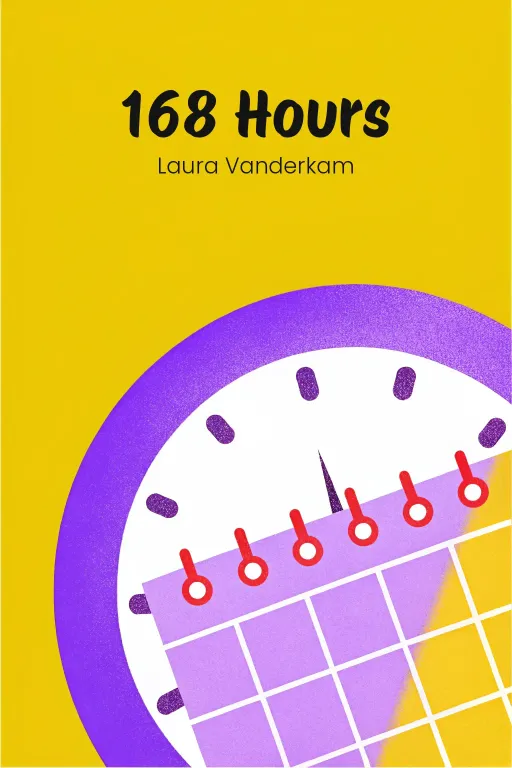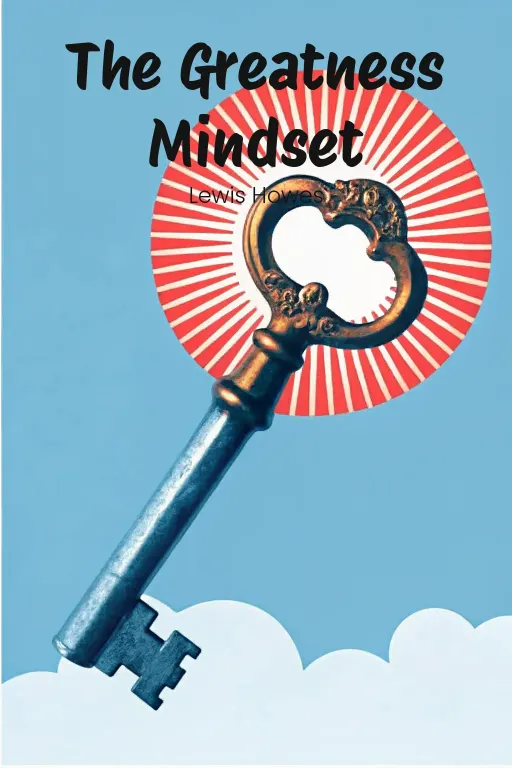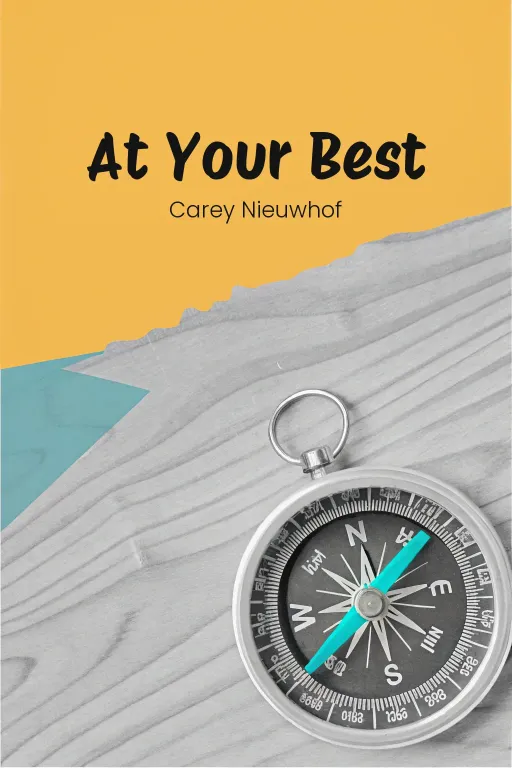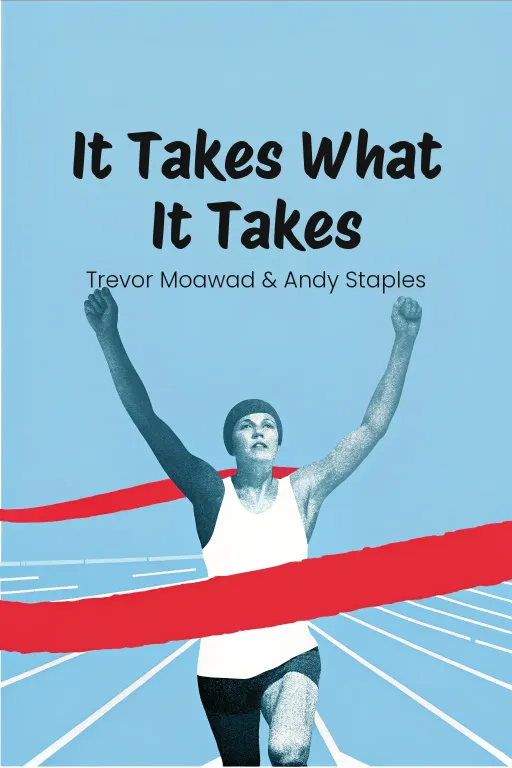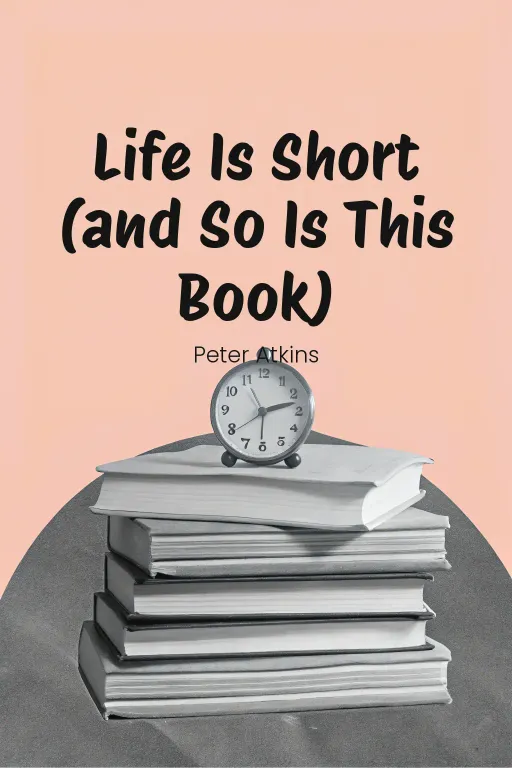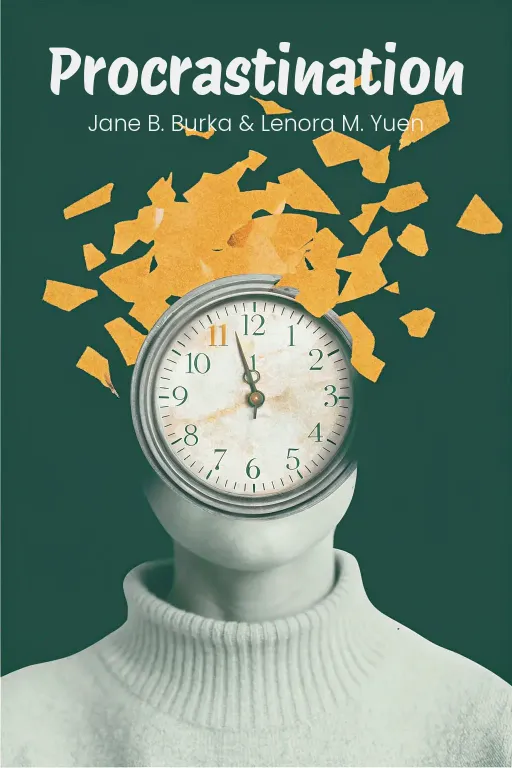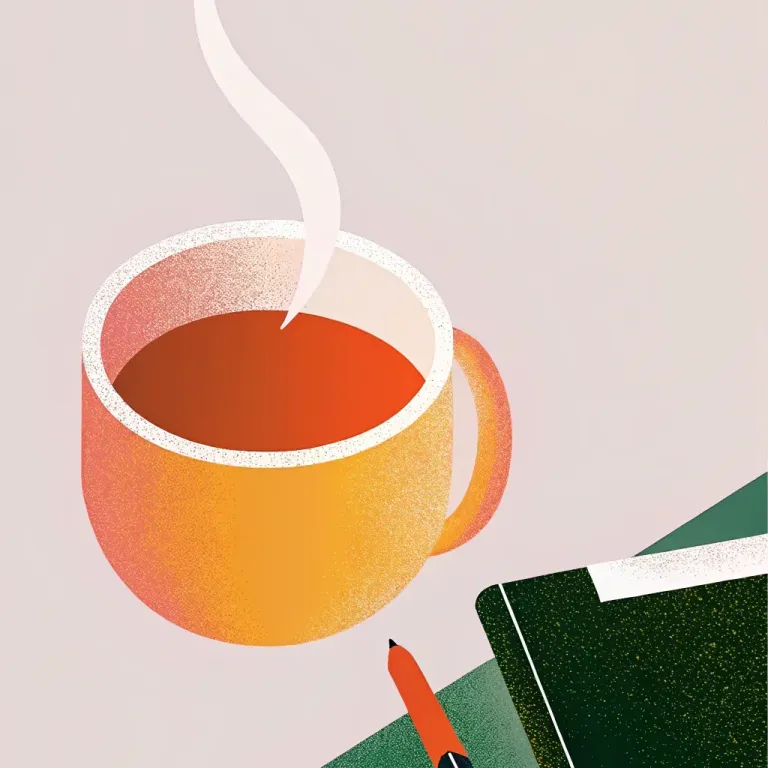
Win the Day: Morning Rituals That Click
Podcast by Beta You with Alex and Michelle
How Successful People Start Every Day Inspired
Introduction
Part 1
Alex: Hey everyone, welcome to the show! So, quick question: How do you actually “start” your day? Is it a mad dash out the door, toast in hand? Or do you have, like, a calm, deliberate routine that kind of sets the stage for everything? Michelle: Or, let’s be honest, are you just slapping the snooze button until the very last second and praying that coffee will magically fix everything? Because, yeah, I've definitely been there. Alex: Well, today we're diving into this book called “My Morning Routine: How Successful People Start Every Day Inspired” by Benjamin Spall and Michael Xander. It basically gives you a peek into the morning habits of CEOs, athletes, artists… even parents! And the general idea is that building a good morning routine can seriously boost your productivity, your focus, and just your overall well-being. Michelle: Okay, interesting. But I'm guessing it's not advocating for scrolling through TikTok in bed... right? Alex: <Laughs> Not exactly, Michelle! But what I like about this book is that it's super flexible. It's not about forcing yourself into a rigid 5 a.m. wake-up call or setting impossible goals. It’s more about designing a morning routine that actually works for you. Michelle: Alright, so what’s the plan for today? Alex: Three main things. First, we’re going to talk about the science behind why mornings are so important for your brain and body. Then, we’ll look at some inspiring routines from high-achievers – from meditation to, you know, specific coffee rituals. And finally, we’ll give you some tips on creating a routine that you can actually stick with, even if you're super busy or just, you know, naturally a morning grump. Michelle: Got it. A blueprint for better mornings, huh? Let’s see if this can finally break my snooze habit. Alex: Let’s do it!
Intentional Morning Routines
Part 2
Alex: Okay, so let's dive into why mornings are so important. It's not just about waking up super early or forcing in a workout. The book really highlights that mornings are like this untapped reservoir of time. Your brain's fresh, your willpower is at its strongest, and you haven't been bombarded by emails, deadlines, and all that stuff yet. Michelle: The calm before the storm, huh? I get the theory, but I'm playing devil's advocate here, Alex. What about those of us who genuinely aren’t morning people? Like, our brains don’t fully kick in until noon. How does this apply to them? Alex: That’s a great point. And that’s why the book emphasizes “intentionality” over a strict wake-up time. It's not about forcing everyone to be up at 5 A.M.. It's about making your start to the day meaningful, whenever that is. Focus on activities that set a positive tone and align with your own energy levels. Ryan Holiday, for example, he’s a morning person, sure – but his routine is all about maximizing distraction-free time. His strategy of writing before the email madness is focused, not rigid. Michelle: Right, Ryan Holiday treats those mornings like sacred work time—phone down, social media off. So, let's be realistic. Not everyone's a writer or even has a ton of free time. What about people with crazy home lives or demanding jobs? I imagine their routines would look quite different. Alex: Definitely. And that’s where flexibility comes in. Take Andre D. Wagner, the street photographer. His mornings aren’t about traditional productivity—they’re about grounding himself. He journals, to process his thoughts before facing the sensory overload of New York City. It’s mental prep, not just task management. Michelle: Okay, journaling I can see – it’s almost meditative. But does creating that calm space before the chaos really work for everyone? If you’re living in a state of constant disruption—and let's be honest, for some of us, that starts before breakfast—how do you carve out something "sacred"? Alex: That’s a good question, and the book highlights starting small. Don't think about completely revamping your entire morning all at once – that's overwhelming. Instead, pick just one manageable ritual. Maria Konnikova uses her mornings to focus on her most creative, high-priority tasks because that’s when she’s sharpest. But for someone else, it might just be mindfully enjoying a cup of coffee or quickly jotting down three things they're grateful for. It's not about the grand gesture, it's about the consistency. Michelle: So, even a symbolic win counts, right? If getting out of bed without immediately scrolling through the news is your power move, that's still a positive habit? Alex: Exactly! And the book really emphasizes experimenting. The authors suggest playing around with your wake-up time to find what works best for you. Caroline Paul found 6:30 A.M. was her sweet spot because she cherishes those quiet solo moments for reading with her coffee before the day hits. There’s no perfect formula – just an invitation to observe your patterns and find the rhythm that helps you feel intentional, not rushed, in the mornings. Michelle: True, but mornings aren’t an isolated thing, right? If you're crashing into bed at 1 A.M. after binge-watching TV, waking up early is going to feel like torture. Alex: Totally! Evening preparation is a crucial part of this process. The book talks about minimizing decision fatigue – laying out your clothes, prepping breakfast, setting intentions for the next day – all those little things can make mornings flow more smoothly. It's about removing those mental obstacles that make mornings stressful. Michelle: Alright, so we’ve got the calm-before-chaos method, Ryan Holiday’s focus-first strategy, and Andre Wagner’s reflective approach. I see the value, but what about the emotional side of things? Does the book address the feelings involved – stress, burnout, resistance to mornings? Alex: That's what makes it refreshing – there's an acknowledgment that life isn't static. Daisy Khan’s story is a perfect example. During Ramadan, her mornings completely shift to focus on prayer and preparing for the fast, adapting her routine to reflect the changing seasons of life. It highlights that intentionality isn't about being rigid, it's about aligning your practices with what really matters to you. Michelle: So, morning routines aren’t just some “hack your life” trick, they’re more like a mirror. They reflect your values—whether that’s focus, calm, creativity, or spiritual grounding. Interesting. Alex: Precisely. By framing it as a choice, rather than a chore, mornings can transform into an intentional space for growth.
Conclusion
Part 3
Alex: So, to sum it all up, “My Morning Routine” really highlights how your morning sets the stage for everything else. It’s not about some magical wake-up time or being flawlessly productive; it’s about purposefully building habits that resonate with your energy, what matters most to you, and your core beliefs. Michelle: Exactly, whether it's jotting down your thoughts, really enjoying that first coffee, or just finding a moment of calm. Even these small, consistent actions can shift your whole day. Alex: Precisely. And what's great about the book is that it celebrates how different we all are. Your morning doesn't have to mirror anyone else's; it just has to click for you. Michelle: Okay, so here’s a thought: What's one thing you can tweak or add tomorrow morning, something simple but meaningful, to kickstart your day in a better way? Alex: That’s a great question, Michelle. Whether it's testing out something new or just refining what you already do, remember it’s all about crafting a routine that supports your goals and overall well-being. Michelle: Yeah, you don’t need to turn everything upside down all at once. One small change at a time, isn’t it? Alex: Exactly! Here's to starting mornings with purpose. Absolutely cheers to that!

